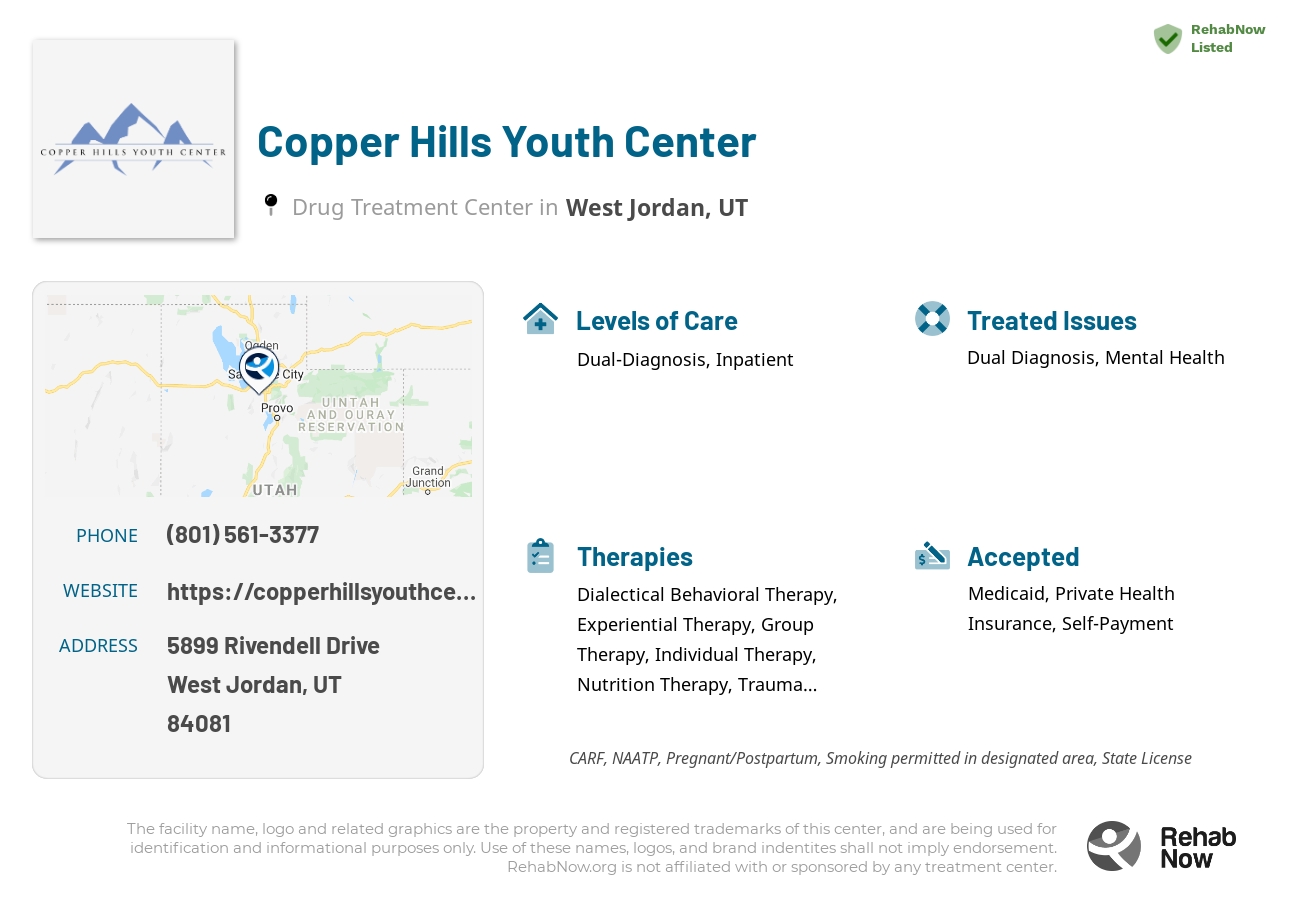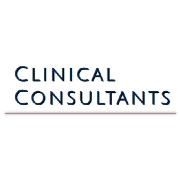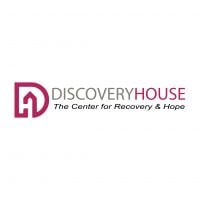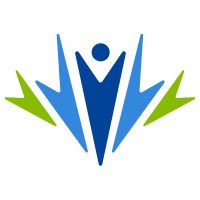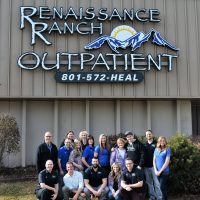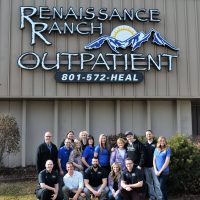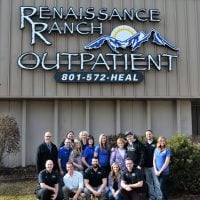Copper Hills Youth Center
Drug Rehab Center in West Jordan, Utah
Copper Hills Youth Center in West Jordan, Utah provides comprehensive addiction treatment and specialized care for mental health, alcoholism, drug addiction, and substance abuse issues, offering multiple levels of care and evidence-based therapies such as counseling, psychotherapy, medication management, and holistic modalities like yoga and art therapy.
About Copper Hills Youth Center in Utah
Copper Hills Youth Center in West Jordan, Utah is a comprehensive addiction treatment center that provides specialized care for individuals struggling with mental health, alcoholism, drug addiction, and substance abuse issues. Committed to helping patients heal and achieve long-term recovery, Copper Hills Youth Center offers multiple levels of care, including dual diagnosis, inpatient treatment, and aftercare support. The facility is accredited and licensed by The Joint Commission, a national leader in health care quality and safety, and accepts private health insurance.
At Copper Hills Youth Center, individuals in need of addiction treatment receive individualized, evidence-based care that includes counseling, psychotherapy, medication management, and family support. In addition, patients have access to group therapy, medical services, relapse prevention, and other holistic modalities such as yoga, acupuncture, and art therapy. By providing a comprehensive approach to recovery, Copper Hills Youth Center helps people of all ages start living meaningful, healthy lives.
Genders
Ages
Modality
Additional
Conditions and Issues Treated
A “dual diagnosis” is when the individual has two medical issues at the same time. The top co-occurring mental disorders with addiction are depression, anxiety, ADHD, bi-polar disorder. Addiction is also considered a mental illness that is not a choice but rather a medical condition. Addiction can be caused by any number of underlying issues.
Dual diagnosis is provided by Copper Hills Youth Center to treat addictive tendencies as well as any untreated mental illnesses. This ensures successful long term health and recovery for patients after treatment has been completed.
Dual diagnosis is provided by Copper Hills Youth Center to treat addictive tendencies as well as any untreated mental illnesses for people in Utah. This ensures successful long term health and recovery for patients after treatment has been completed.Levels of Care Offered
This center offers a variety of custom treatment tailored to individual recovery. Currently available are Dual-Diagnosis, Inpatient, with additional therapies available as listed below.
Going to an inpatient rehab facility means living there while all aspects of addiction or co-occurring disorder get addressed. The treatment involves medical supervision, therapy, and future planning.
This type of rehabilitation provides a drug-free environment for people who struggle with chronic/long-term addiction without having access to drugs outside the center (or their own home). It takes away any distractions because they live there 24 hours per day. If someone is trying to break out old habits, which could lead them back into substance abuse, things like jobs or school can be put on hold until after they complete their stay to focus solely on recovery.
Therapies & Programs
Individual therapy is a form of counseling where you meet with a trained professional one-on-one. Meeting with a therapist in this setting allows for a personal and trusting relationship to be built. This allows the patient to open up about sensitive or private issues they may not feel comfortable discussing in a group. Individual therapy helps identify the root causes of your addiction, which can help prevent relapse.
Group therapy sessions are another common addiction recovery service. These group sessions typically involve six to 12 addicts who meet regularly with a trained professional for support and guidance.
During these sessions, the group shares their experiences with one another and provides feedback that can help each member avoid relapse or overcome specific obstacles they are facing in their recovery process. With this type of support and guidance, addicts can feel like they are part of a community that understands their struggles and will help them get through the hard times.
Many people struggling with drug addiction have experienced some form of trauma in their lives. It is crucial that these individuals seek out professional help; otherwise, their drug abuse and addiction will likely continue.
Therapists and counselors at drug treatment centers employ several treatment programs to help people struggling with drug addiction, including trauma therapy. Trauma therapy helps people dealing with addiction by allowing them to confront the traumas of their past and move past them.
It is important to note that trauma therapy should not be confused with PTSD (post-traumatic stress disorder). Rather, it is used to treat the effects of trauma, which are often at the root of addiction.
Dialectical Behavior Therapy was developed in the 1980s to treat chronically suicidal individuals. It is a cognitive-behavioral therapy that combines standard DBT with strategies derived from Zen Buddhism, such as mindfulness training.
DBT has been adapted for use with other types of psychiatric problems, including eating disorders, substance abuse disorders, borderline personality disorder, posttraumatic stress disorder (PTSD), and other personality disorders. Dialectical Behavior Therapy is considered a psychosocial treatment of BPD. This means that while it can be used alone or in conjunction with drug treatments, DBT does not rely on medications to treat the disorder. Instead, DBT aims to help patients change their thinking and behavior.
Cognitive Behavioral Therapy (CBT) focuses on the underlying thoughts and behaviors that caused the problem of addiction in the first place and may cause a relapse. Negative feelings are common in drug abuse disorders, but they can lead to co-occurring disorders if not recognized. CBT involves strategies that help to change the behavior pattern by restructuring negative thoughts into positive ones. It helps to remove these feelings, and it provides long-term benefits. Also, CBT promotes self-awareness and self-control. It can be administered as a monotherapy or as part of combination therapy.
CBT can improve the patient’s mood, reduce drug cravings and boost success rates on treatment plans. Regular practice can help individuals handle negative attitudes, thoughts, and feelings without turning to drugs or alcohol. The core belief of Cognitive Behavioral Therapy (CBT) is that one’s moods, behaviors, and actions are all connected. Individuals can improve their quality of life using CBT. It helps addicts understand the patterns of thought and feelings that cause them to use drugs or alcohol and develop a healthy response.
Medical nutrition therapy for addiction helps patients at Copper Hills Youth Center avoid “trigger” foods. Someone who craves alcohol may be sugar addicted. Eating a balanced diet with adequate protein, vegetables, and fruit can help reduce drinking urges.
MNT is a type of addiction treatment that teaches patients about healthy eating habits while counseling them. These sessions include meal planning, cooking demonstrations, shopping tips, grocery store tours, and food education.
Nicotine replacement therapy is a drug treatment that allows people to get the effects of nicotine without chewing or smoking. The therapy is often done with a patch, and doses of nicotine are reduced until nicotine is no longer needed. NRT helps smokers get nicotine into their system without resorting to smoking, and it has been shown to be an effective way to help people quit smoking. Coupling NRT with counseling and other means of support gives long-term smokers a better chance of removing their unhealthy habit.
Patient Experience
Experiential Therapy at Copper Hills Youth Center
Drug addiction causes the formation of abnormal connections between neurons in the brain to form due to repeated exposure to drugs. These connections are responsible for addictive behaviors to drugs. Experiential therapy is done with patients individually and is different from traditional talk therapy. This therapy can help people revisit past traumas, heal, and move on in life in a more authentic way.
Experiential therapy uses activities to recreate experiences that may have caused trauma or negative emotions. These activities include role-playing, arts and crafts, animal care, music, or rock climbing. The individual will gradually experience calmness and love and change their perception positively through this therapy. Other than drug addiction, experiential therapy can be helpful for behavioral or eating disorders.
Payment Options Accepted
For specific insurance or payment methods please contact us.
Is your insurance accepted?
Ask an expert, call (888) 674-0062
Additional Details
Specifics, location, and helpful extra information.
West Jordan, Utah 84081 Phone Number(801) 561-3377 Meta DetailsUpdated November 25, 2023
Staff Verified
Copper Hills Youth Center Patient Reviews
There are no reviews yet. Be the first one to write one.
West Jordan, Utah Addiction Information
More than 500 people in Utah die each year from the effects of drug abuse and/or addiction. Substance abuse rates in Utah have seen an upward trend for a variety of drugs. Opioids are involved in almost 70% of all drug-related deaths in the state, annually. In 2014, Utah officials created a Good Samaritan Law to protect drug users who report possible overdoses from being prosecuted themselves.
In 2016, there were over 2,000 admissions to drug and alcohol rehab centers in West Jordan. Alcohol and opioids were the most commonly cited substances. 38% of residents (aged 35 to 54) died due to alcohol poisoning. The city is located near Salt Lake City, which is a major transportation hub for drugs coming into the state. If your addiction is severe, you may need to attend an inpatient program.
Treatment in Nearby Cities
- Garden City, UT (99.7 mi.)
- Monticello, UT (236.7 mi.)
- Saint George, UT (255.3 mi.)
- Delta, UT (90.3 mi.)
- Heber, UT (33.0 mi.)
Centers near Copper Hills Youth Center
The facility name, logo and brand are the property and registered trademarks of Copper Hills Youth Center, and are being used for identification and informational purposes only. Use of these names, logos and brands shall not imply endorsement. RehabNow.org is not affiliated with or sponsored by Copper Hills Youth Center.


